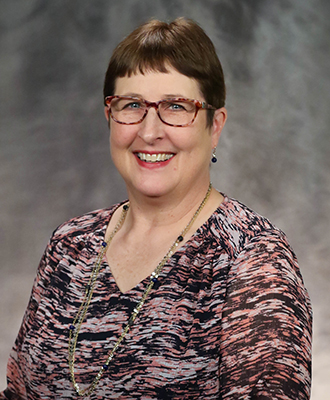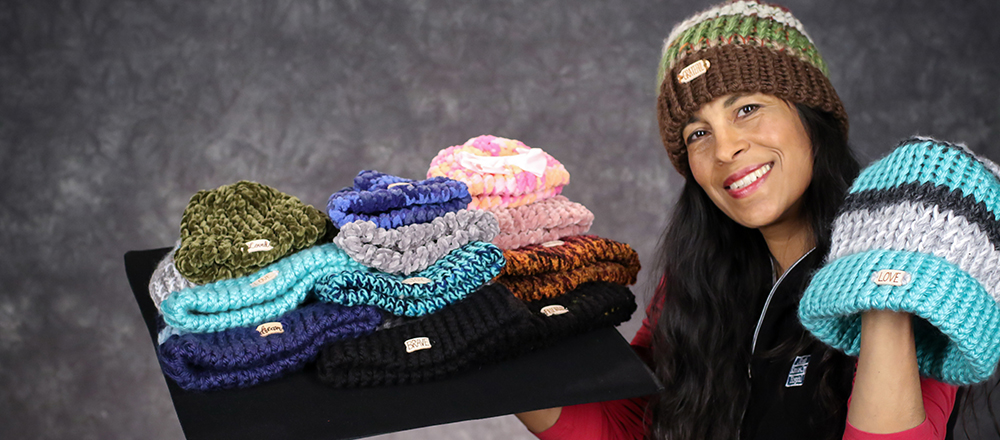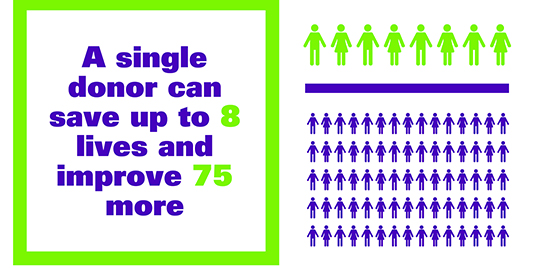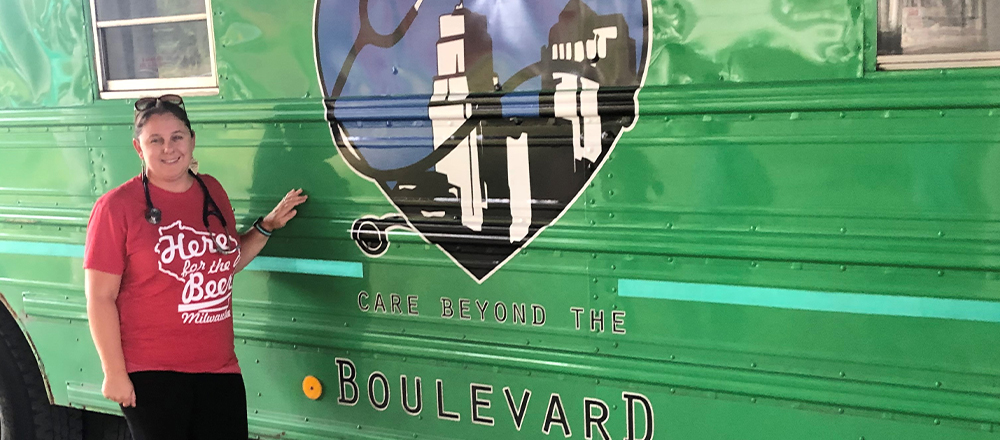
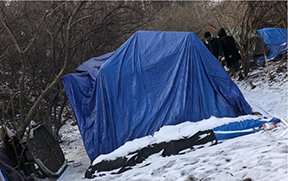
Home for some people is a tarp with a few belongings inside.
Clinical Educator Mary Davis, RN, will always remember the man with frostbitten toes and the pregnant woman who lived under a bridge in 12-degree weather. It’s hard to know how many people in Kansas City live in boxes, under bridges and in encampments. Most homeless people are men, but some are women and children. With shelters at capacity most nights, options are limited for the area’s homeless. “These really are the forgotten people,” Mary said.
5,883 | Average Number of Homeless Each Day in Missouri*
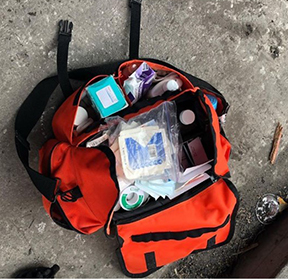
Medical supplies Mary carries to help treat people she encounters.
Mary, who works in Nursing Professional Development, always wanted to help people. She’s traveled on six overseas mission trips. As her family grew, overseas travel became too expensive, so she turned her attention to an underserved population closer to home. For two years, she volunteered with Street Medicine KC, a group that provides medical care and mental health services to the homeless. Now, she is involved with Care Beyond the Boulevard.
As a volunteer, Mary spends one evening each week driving with other volunteers to locate homeless individuals and provide medical care. “Homeless people are great about taking care of each other, so they will tell us where to find people who need help,” Mary explained.
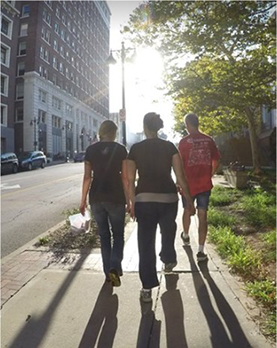
Mary (center) and other volunteers travel by foot and by car in search of Kansas City’s homeless.
On average, the volunteers encounter 40-50 people and treat about 30. During the winter months, the team is busier. “When temperatures drop outside, we will see pneumonia, frostbite and campfire burns,” Mary said. Care Beyond the Boulevard operates a mobile unit that includes a pharmacy for routine medications and a lab for blood draws. “These people don’t have access o preventive care, so they are more at risk for chronic illnesses.”
Throughout her work, Mary has included her daughters’ Girl Scout troops. The youngest scouts make sandwiches that the older girls take and serve through Free Hot Soup Kansas City, which feeds up to 200 people at local parks. “So many people are just a paycheck away from poverty. I think we should do anything we can to help,” Mary said.
How to Help
• Keep nonperishable food and water in your car to offer someone instead of money
• Volunteer your time at a local shelter or help an organization that assists the homeless
• Donate clothing, undergarments and bedding to a shelter or organization
*January 2018: Continuum of Care, U.S. Department of Housing and Urban Development
